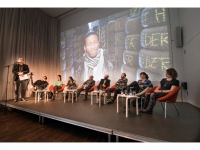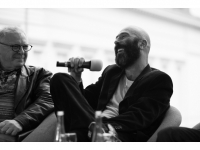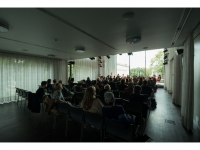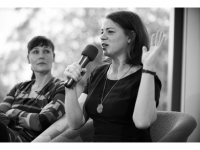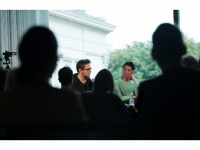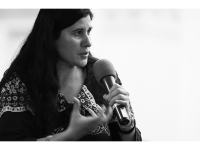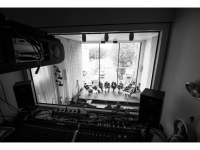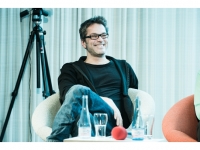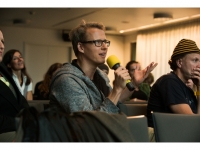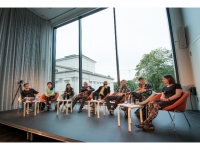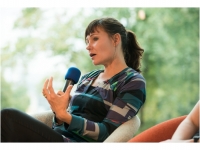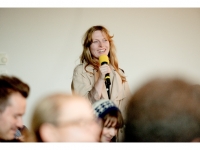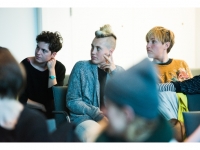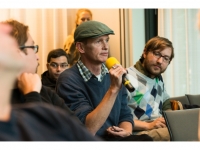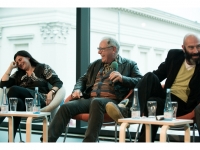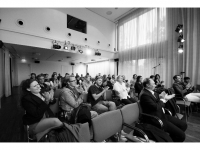CURATING PERFORMANCE ART
Where does theatre end and art begin?
In cooperation with .CHB Collegium Hungaricum Berlin

Sunday, 22.09.2013, 16.00 – 18.00
Venue: Panorama Hall, Collegium Hungaricum, Dorotheenstrasse 12, 10117 Berlin-Mitte
Speakers:
NEZAKET EKICI / Performance Artist
MATHILDE TER HEIJNE / artist, Professor for Visual arts, Performance and Installation, Kunsthochschule Kassel
JENS HILLJE / Co-director and Chief Dramaturg at the Maxim Gorki Theater
HAJNAL NÉMETH / Performance Artist, 54. Biennale di Venezia, Hungarian Pavillion
JOËL VERWIMP / Co-Founding Director, Month of Performance Art Berlin
JACK PAM / Curator, Ikono TV Festival
JENI FULTON / Associate Director, MOMENTUM
Moderated by DAVID ELLIOTT / Museum Director, Curator, Writer
By nature of its medium, performance art crosses many boundaries, taking in elements of installation, video and even theatre and dance. Given the continuation of Berthold Brecht’s program of heightening the self-reflexivity of theatre performances through contemporary playwrights such as René Pollesch, a territory once claimed by performance art is thrown wide open. The panel discussion will address if and how boundaries between the disciplines can still be drawn, raising questions such as: ‘Representation vesus reality – or the literary basis of theatre versus the ontology (the body) of performance.’
Is this distinction (first forged with performance art in the 1960s and ’70s) still valid?’ ‘Politics in theatre and performance – are these the same?’ ‘Is Theatre ever curated – does it make sense to talk about theatre in these terms and if so how?’ ‘Have we been recently witnessing a theatricalisation of performance art with the idea that performances are not unique events and may be choreographed so that they can be re-presented by others? What does this mean?’ ‘Is performance art now a historical category which no longer has relevance to what artists are doing?’
 |
SPEAKERS:
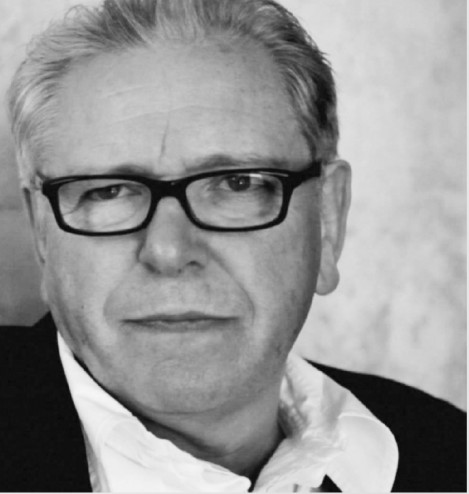
David Elliott is a curator and writer who has directed contemporary art museums and institutions in Oxford, Stockholm, Tokyo, Istanbul, Sydney and Kiev. He is currently working on two traveling exhibitions for the UK and USA. He is also President of the Board of Triangle Art Network/Gasworks in London, on the Asia Advisory Board of the Guggenheim Museum and a Guest Professor in Curatorship at the China University in Hong Kong. A specialist in Soviet and Russian avant-garde, as well as in modern and contemporary Asian art, he has published widely in these fields and many other aspects of contemporary art. In 2008-10 he was Artistic Director of the 17th Biennale of Sydney and in 2011-12 directed the inaugural International Biennale of Contemporary Art in Kiev, Ukraine. He has also advised the Hong Kong Jockey Club Charitable Trust on the development of CPS into a center for contemporary art and heritage.
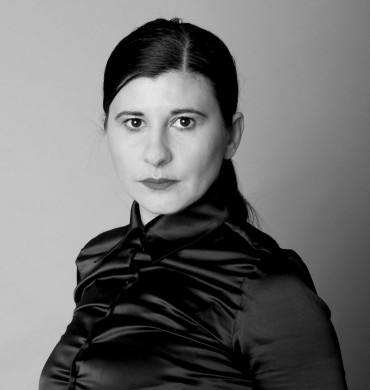
Nezekat Ekici was born in Kırşehir, Turkey in 1970 and studied art pedagogics, sculpture and performance in Munich and Braunschweig, Germany. She then began working with performance and completed a master’s degree in Performance Art with Marina Abramovic. Ekici frequently uses her own Turkish origins and education as a subject of tension, pitting her background against her living environment in present-day Germany. Cultural, geographic and individual boundaries, transgressions, gender, cross-border connections and authorial bodies are central to Ekici’s works. She has exhibited internationally, with a total of more than 120 different performances on 4 continents in more than 100 cities and 30 countries. She currently lives and works in Berlin and Stuttgart.
Photo by Nihad Nino Pušija
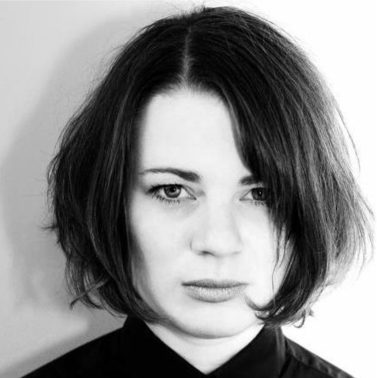
Jeni Fulton was born in Lugano, Switzerland, in 1981. She studied philosophy at the University of Cambridge, graduating with a M.A. (Hons). From 2003 onwards she worked as political and economic consultant for energy consultancies in London and Berlin, most recently for the Biogasrat+ e.V. Berlin. In 2010, she enrolled as PhD candidate at the Faculty for Cultural Theory at the Humboldt Universität zu Berlin, with a thesis on “Value and Evaluation in Contemporary Art”. Her thesis examines the interplay of art criticism and ranking systems in establishing value hierarchies in contemporary art. Since 2011, she has been contributing to art publications on a freelance basis, holding the position of Contributing Editor at Sleek Magazine. In 2013 she joined MOMENTUM UG as Associate Director.
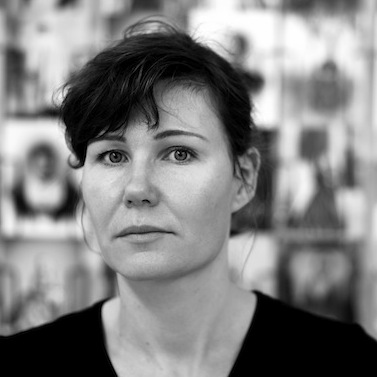
Mathilde ter Heijne (born 1969 in Strasbourg, France) is a Berlin-based Dutch video and installation artist and a professor of Visual Art, Performance, and Installation at Kunsthochschule Kassel. She works in a wide range of media such as installation, video, sculpture, and performance. In her work she explores the social, cultural, political, and economic backgrounds of gender-specific phenomena within different cultures. Political, structural, and physical violence related to existing power structures in society are the starting points for a series of video works in which the artist represented different scenarios of violence and its victims using life-sized dummies. Simultaneously, ter Heijne examined her own role as an artist and analyzed these particular structural conditions. She is currently researching the fashioning of rituals and oral traditions as a way to preserve and share knowledge for social minorities. In these contexts, she explores alternative writing and symbol systems and considers the potential for matriarchal politics.
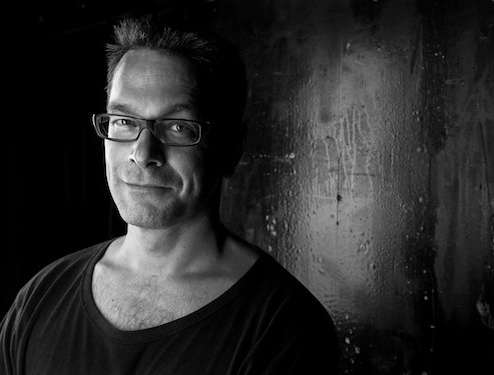
Jens Hillje was born in 1968 and grew up in Italy and Lower Bavaria. After his first experiences with revolutionary theater in Bavarian taverns, he decided not to become a gardener after all and instead studied Applied Cultural Studies in Perugia, Hildesheim, and Berlin. After finishing his studies, Hillje co-founded with Thomas Ostermeier in 1996 the Baracke am Deutschen Theater in Berlin (1998 Theater of the Year). From 1999 until 2009 he was a member of the artistic direction at the Schaubühne at Lehniner Platz. As a freelance dramaturg he worked with the director Nurkan Erpulat on the successful staging of the play Verrücktes Blut (Crazy Blood) at the Ballhaus Naunynstraße. In 2011, Hillje became the artistic director of the Performing Arts Festival In Transit at the Haus der Kulturen der Welt. He is now Co-director and Chief Dramaturg at the Maxim Gorki Theater.
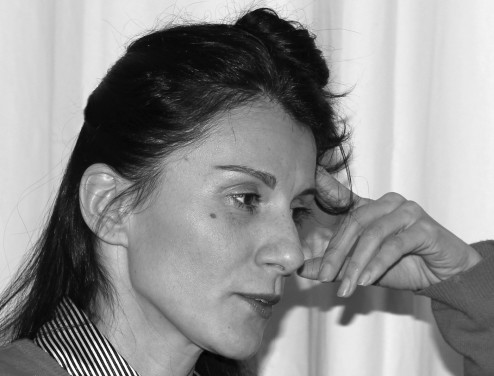
Hajnal Németh (born 1972 in Szőny, Hungary) lives and works in Berlin and studied at the Hungarian Academy of Fine Arts in Budapest. Németh has participated in numerous solo and group exhibitions at prestigious art institutions in Europe, America and Asia, including MUMOK, Vienna; Martin-Gropius-Bau, Berlin; The Kitchen, New York; Renaissance Society, Chicago; Tate Modern, London; Art Museum, Singapore; Ludwig-Museum, Budapest; TENT, Rotterdam; Museum Kunst Palast, Düsseldorf; Kunsthalle, Budapest; Zamek Ujazdowski, Warsaw; Comunidad de Madrid; 2nd Berlin Biennale, KW Berlin; Casino Luxembourg; Moderna Museet, Stockholm; Musée d’Art moderne de Saint-Etienne; Picasso Museum, Barcelona; Palais de Tokyo, Paris. In 2011, she represented Hungary at the Venice Biennale.
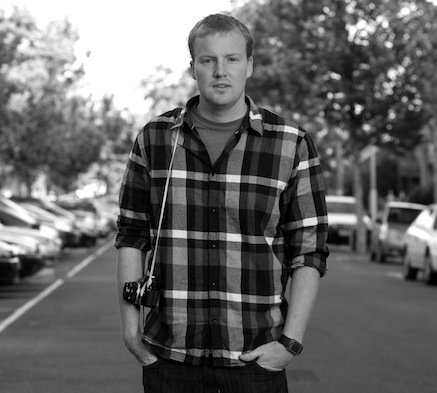
Jack Pam is a West Australian Artist, Filmmaker, and Curator based in Berlin, whose image and sound-based work has been extensively published and collected worldwide. He is the Co- Founder and Art Director of Staple Magazine, a West Australian skate and photography magazine, founder of Tennis Club Book Shop, a unique self-made focused bookshop and publishing house based in Amsterdam, as well as the Creative Director of mapfilms: a collective of experimental video producers. Pam works independently as a curator and art critic focusing on contemporary video and media art, and joined ikono in late 2012 to direct the inaugural ikono On Air Festival.
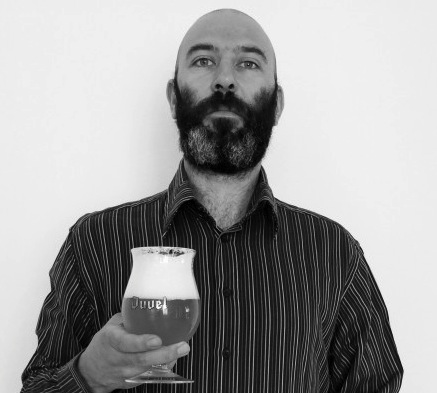
Joël Verwimp is a Berlin-based Belgian artist who works primarily in the context of performance art. Initially trained as a visual artist and cook, Verwimp was Bethanien resident of the Flemish Government and Curator at Netwerk / center for contemporary art. He was a board member at the artist space Flutgraben e.V. and co-initiated the MPA (Month of Performance art) Berlin in 2011 as well as the APAB (Association for Performance Art in Berlin) in 2013. In recent years, his work has been hosted by Agora collective, Baltic Circle Festival (Museum of Contemporary Art Kiasma), Belluard Bollwerk International arts festival, Bains Connective Art Laboratory, a.pass (advanced performance and scenography studies), Theater an der Parkaue, Die Denkerei, Kaaitheater arts centre, Skulpturenpark Berlin, Stiftung PROGR (Lehrerzimmer), Exchange Radical Moments! Live Art Festival and Grüntaler9. He is currently doing research into forms of complicity and is since 2009 developing together with Nicolas Y Galeazzi the VerlegtVerlag as a framework for performance on paper. Verwimp is a curious mind fascinated with the ever-changing world around him. He loves to mingle in debates surrounding ownership, migration, performativity, and hospitality. He considers it a blessing to still be relatively sane.

 Back to Homepage
Back to Homepage